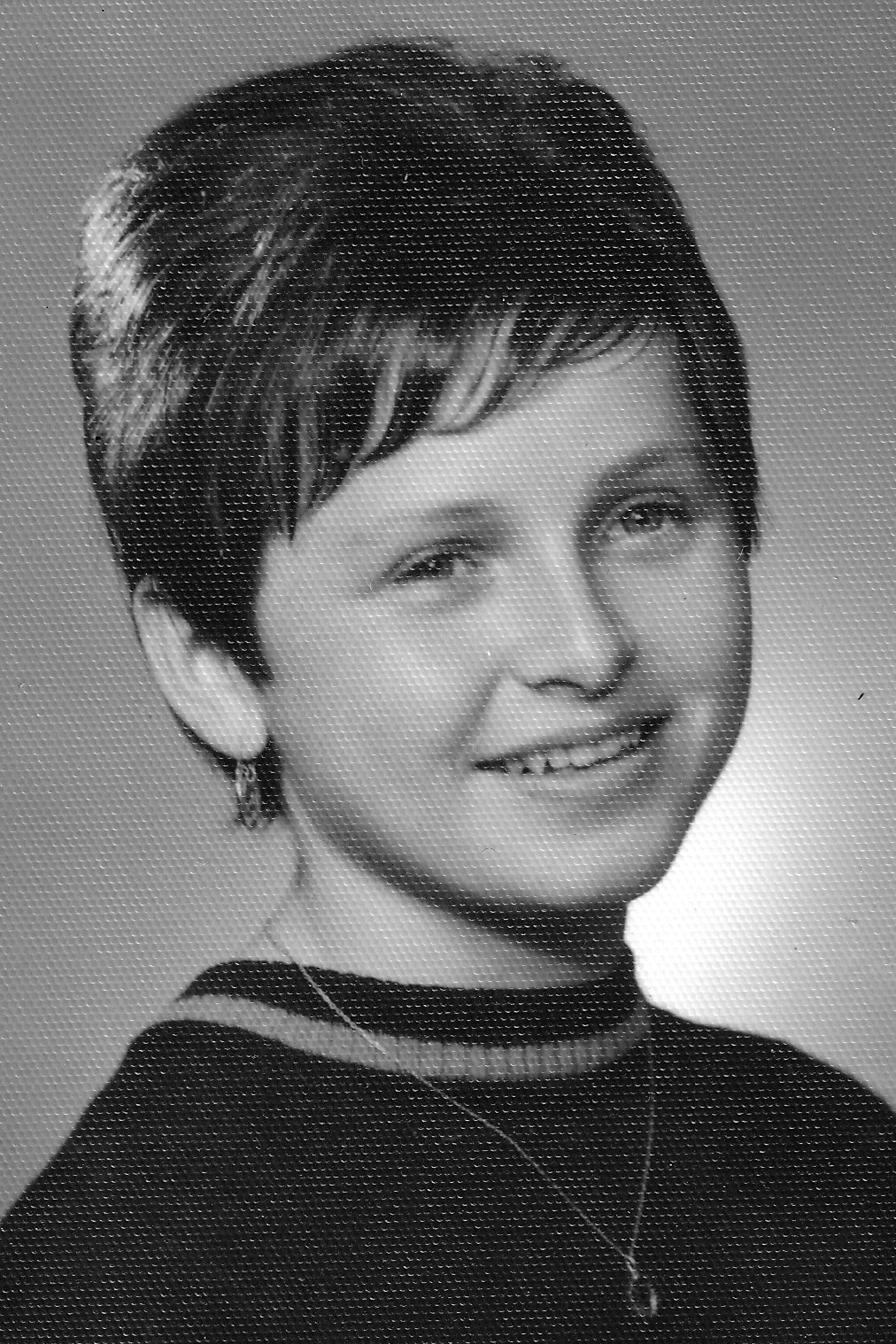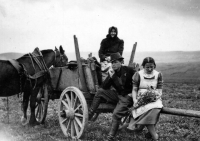My father has my respect for not giving in and not entering the agricultural cooperative

Download image
Monika Ruská, née Theuerová, was born on October 16, 1946 in Bolatice in the Hlučín region. Her father Josef Theuer came from an old family farm. During World War II, when Hlučín was annexed to the German Reich, he had to enlist in the Wehrmacht. After the war, he took over the destroyed family farm and together with his wife they cultivated about fifteen hectares of fields. They also kept horses, cows and other animals. At the beginning of the 1950s, the local communists tried to persuade them to join the unified agricultural cooperative (JZD). The family faced strong pressure and harassment, but did not join the JZD. In 1961, the communists declared their farm bankrupt and confiscated their cattle and fields. The father started to work as a boiler operator and later retrained as a bricklayer. As the daughter of a so-called kulak, Monika was not even allowed to start her apprenticeship. She got married to Manfred Ruský and had three children with him. For almost forty years she worked at the Juta company, which was later called Lanex, in Bolatice. In 2022 she lived in Bolatice.


















































